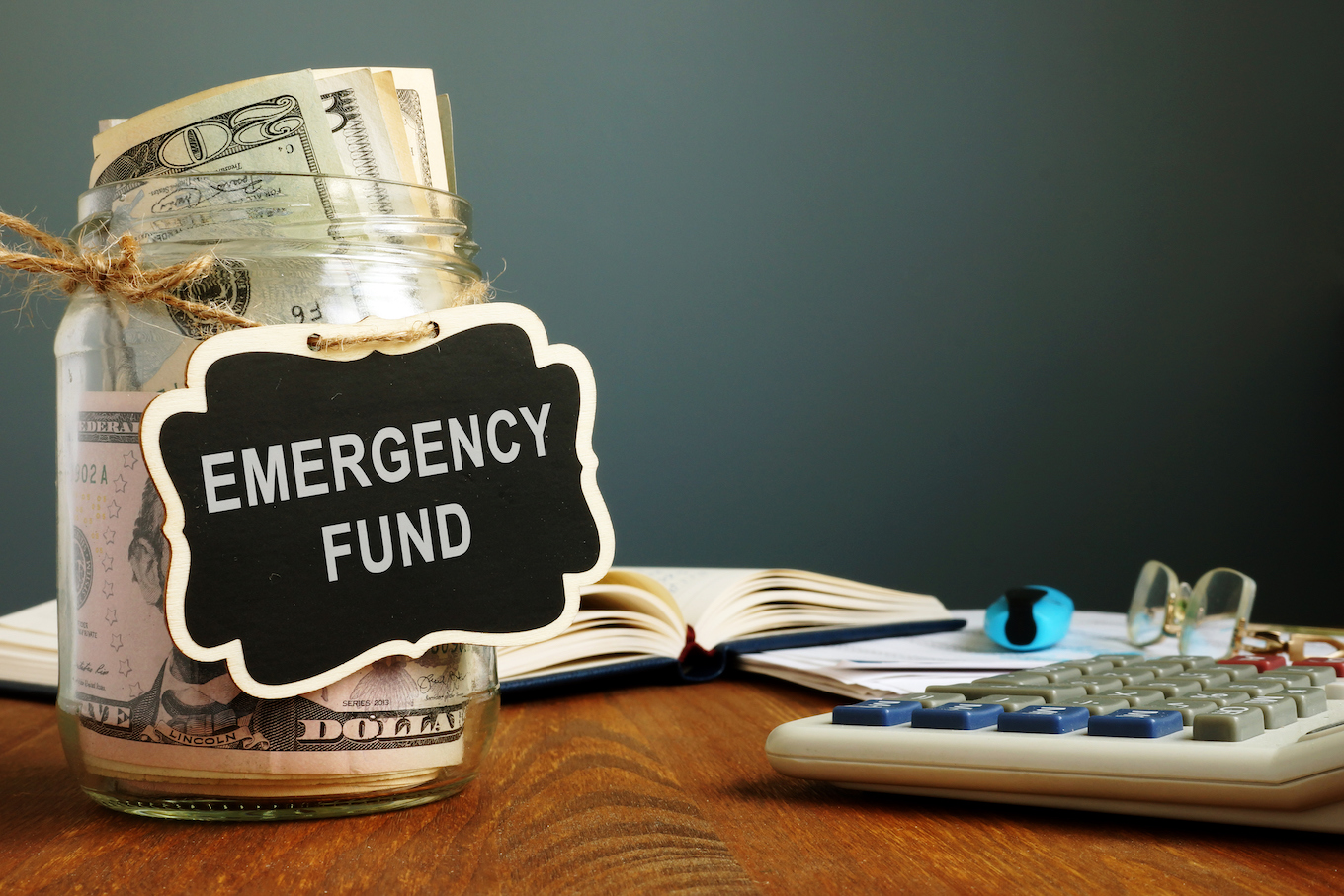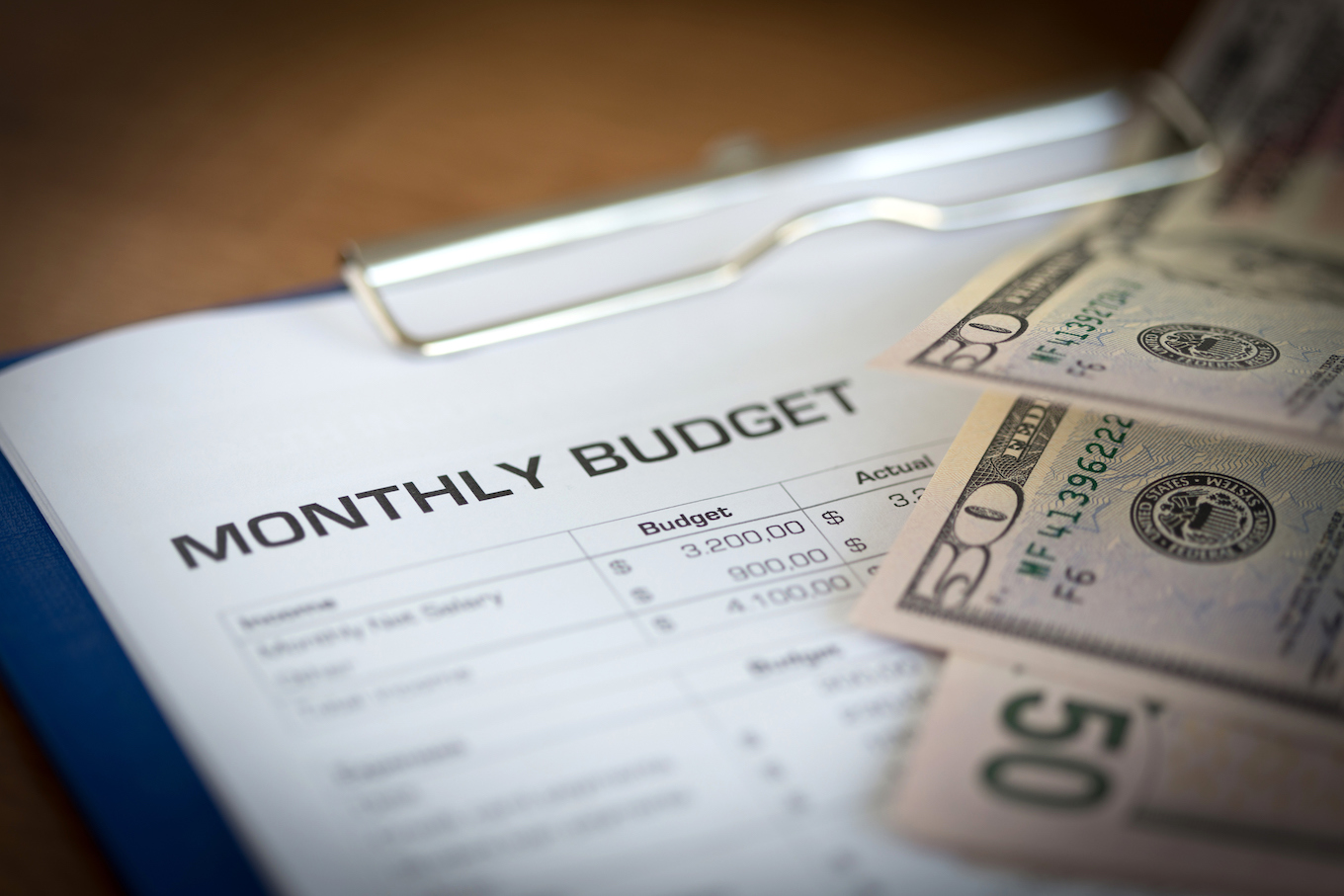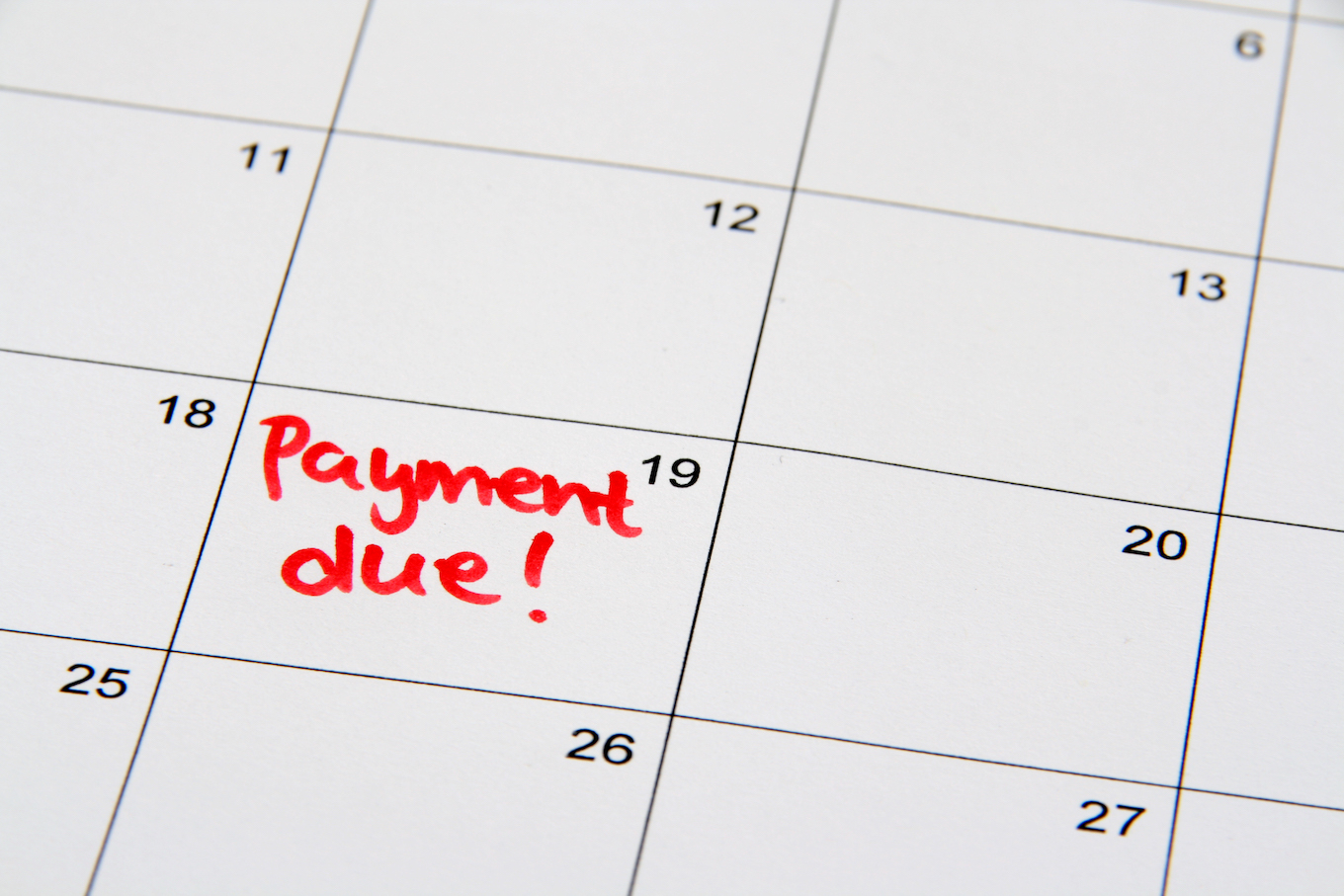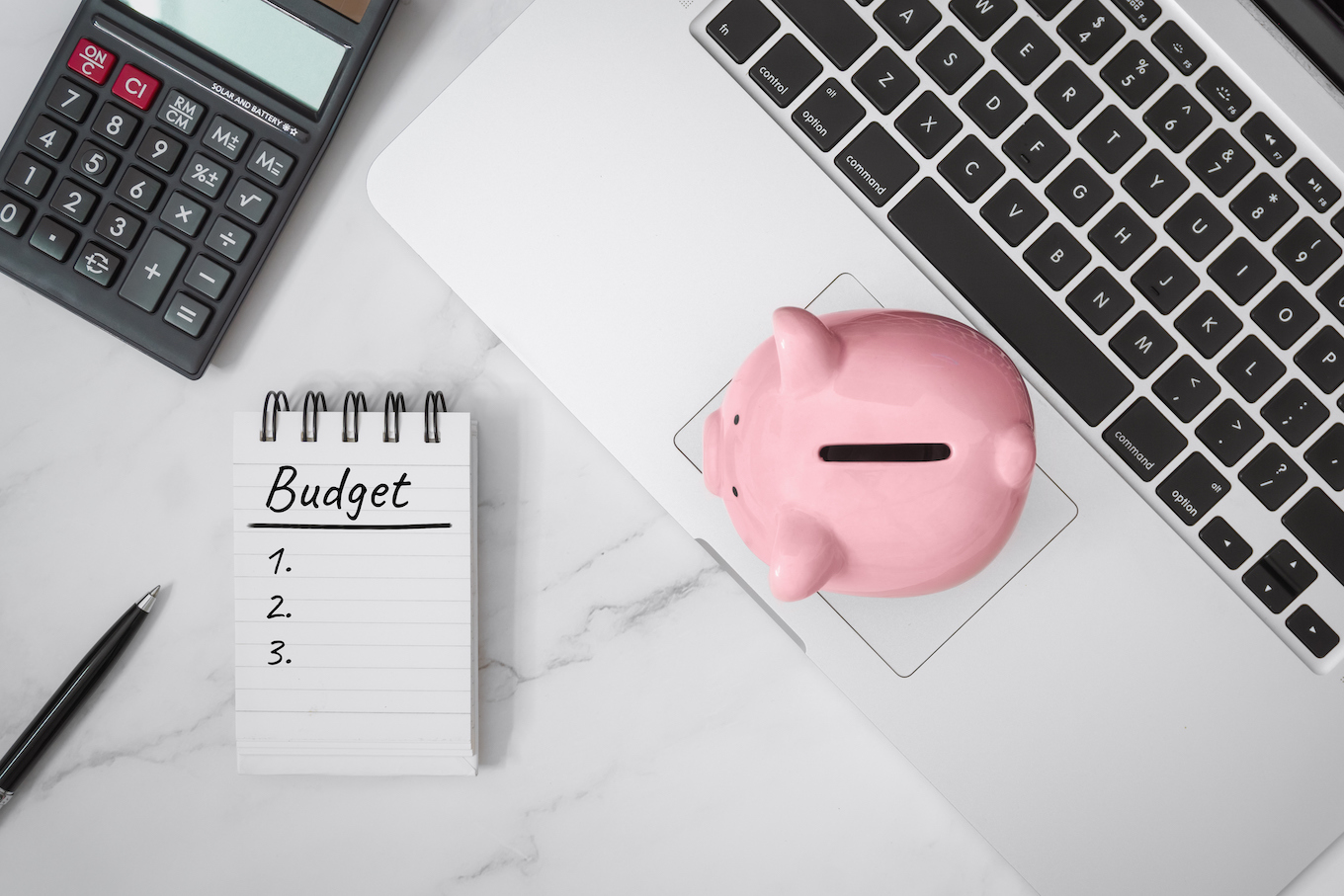Another year is here, which means we get another fresh start — and for a lot of us, that means setting brand new financial goals for 2021. But to achieve those goals, it's hard to avoid budgeting … and yes, it sounds scary, but it's totally doable, even for moms who have an entire family to think about. We might be the first to realize this, but kids are expensive! And to keep things going from month to month, it's essential to be intimately acquainted with where our cash is always going.
We all have big plans for our money, even if we don't have as much as we wish we did. Some of us want to send our kids to college, some of us want to get rid of all our debt, and some of us simply want to find the money to go on a really awesome family vacation this summer. Whatever the goal might be, a family budget can help us all get there and have a little more peace of mind and less stress along the way.
From cutting back on unnecessary expenses, making a clear plan for our financial future, and enlisting the help of the many budgeting and financial apps out there, here are some tips on how to get started managing the family budget.
Know the Bank Account

We know: It's easy to ignore our bank account balances. It can definitely be stressful to check in to see how much money we have (or don't have). But it's absolutely essential to know what's there so we can keep track of our expenses, and that's the first step — and it's super easy to do by downloading the bank's app and setting up notifications.
Figure Out Where Money Is Going

For those of us who aren't actively using a budget, there's a good chance we have no idea how much money we're spending or on what — and we might be surprised when we find out. Work backwards online via bank records or keep track of income and spending for a couple of months to see how much is being spent on different categories like bills, entertainment, and food to find out where all those paychecks keep disappearing to. It might be a little horrifying, but it's essential info to have.
Figure Out Where Priorities Lie

When budgeting, it's important to narrow down the places we want our money to go, depending on what's most important to us — and that will look different for everyone. It's totally OK to spend most of our disposable income on eating out, but that means cutting back in other areas.
Make a Plan

It's kind of hard to have a budget without the budget part! That means outlining how much should be spent in each category of the budget so the numbers add up each month. How much needs to be set aside for the kids' expenses, and how much should go to the grocery category each month? It's up to each of us to decide, and it doesn't have to mean no Starbucks trips — it just means deciding on a dollar amount that goes to fancy coffee each month and sticking to it.
Figure Out Which Way of Budgeting Works Best

There are so many budgeting methods out there, and that means there's bound to be one that just clicks with each of us. The more we understand our budget, the more likely we are to stick with it, whether that means using a cash envelope system, a good old-fashioned Excel spreadsheet, a binder full of all our information, or a budgeting app.
Set Up an Emergency Fund

Emergency funds are crucial for when the unexpected happens — sometimes we truly can't predict when the air conditioning is going to need to be replaced or when a fender bender is going to require us to pay a hefty deductible. But by planning for it and setting aside money each month, even a small amount, we can be prepared for these kinds of things, which definitely helps lessen the blow when they do inevitably happen (and it won't drain our checking accounts in the process).
Set Financial Goals

We all know what we wish we could do with our money, but actually getting to the destination takes a little planning. While setting up the budget, take the time to pick out a few financial goals to work towards. Is it an emergency fund with six months of expenses socked away? Is it a few thousand set aside for a family vacation? Ready to get out of debt and pay off a credit card that's been building interest for months? Figure it out, and then make a plan to work toward to these goals each month.
Cut Unnecessary Expenses

Part of budgeting is figuring out where it's possible to cut back — and that's a positive, because it means freeing up money to go where it'll be much more productive. After making a budget, take a look at where extra money is going. Is there a cheaper phone plan out there? Is the grocery spending way out of control? This is a great time to reel it in.
Get on Top of Bills

It can definitely be useful to write down every bill due date — even the ones that get paid automatically — and know when that money is coming out of the account (and when to log on and pay or mail a check). If those due dates don't work with payday, it's often easy to set a new due date. Keep track with a calendar, either via an app or the old-fashioned way.
Stay on the Same Page

Sharing the budget with another adult in the house? Then it's important to always stay on the same page when it comes to income and spending. Those of us who are married and in serious relationships know how important financial transparency really is. Keep each other up to date as much as possible!
Even Mom Should Get an Allowance

Allowance isn't just for kids! We can also try giving ourselves a weekly or monthly allowance for fun spending, like ordering out for lunch, grabbing a few fun purchases at Target, or even choosing to save for something bigger we really want instead. This will help keep a lid on overspending while still allowing us to have some fun with the money we work so hard for.
Learn To Anticipate the Unexpected

There will almost always be unexpected expenses that slap us in the face, but there are a few costs we might be able to predict. We know our kids are going to grow out of their shoes eventually, so why not put $5 into a fund each month so we can buy them a new pair when needed without a second thought? We can anticipate and plan for some of these extra occasional expenses, and that will help cause way fewer headaches.
Make Sure Bills Are Within Reason

Sometimes, a big issue in our spending is that we're spending more on our bills than we should be — those fixed expenses each month that aren't going anywhere. There are different theories about how much we should spend on bills and mortgages out there, but nobody knows our finances like we do. Is it time to make a big change like get a cheaper car, downsize a house, or a small change like cutting cable in favor of a couple of streaming services? It might be worth it if it'll make each month less stressful.
Shop Smarter

When the time comes to spend, we should make it a habit to do so wisely. Shopping around for the best deals, researching bigger purchases, and always taking the time to seek out coupons before hitting the grocery store are all great places to start. And remember: Sometimes it makes more financial sense to spend a lot on a quality item, like clothing or cookware that will last for years, than to replace a cheaper item in a few months.
Call the Professionals

Feeling way too overwhelmed or confused by finances and don't know where to start? That's where a financial advisor or accountant can come in handy. Yes, many of these services do cost money, but it may actually end up saving money (and stress) in the big picture.
Avoid Deprivation

When we save every last penny or spend all our disposable income each month on debt, it can sometimes make it harder to sustain our new financial habits — and it might make us miserable in the process. It's definitely OK to splurge every once in a while (even if we don't hit our financial goals as quickly) and a budget will help us figure out how much we can feel good about spending on those treats. Get that manicure!
Check in Frequently

Keeping ourselves updated on where we are in our budget, our financial goal progress, and our spending is crucial, especially if we want our new habits to stick. This doesn't have to be scary, and the better a picture we have of our money situation, the better off our families will be.




